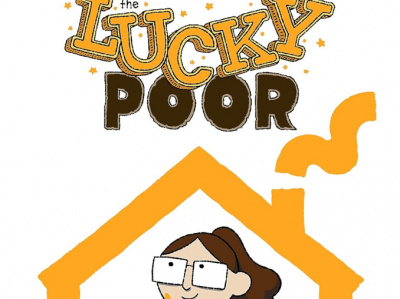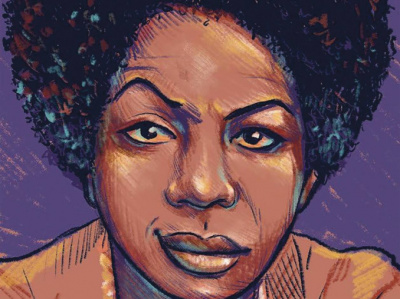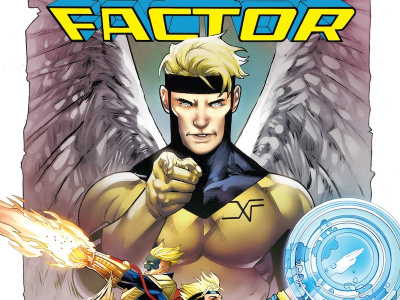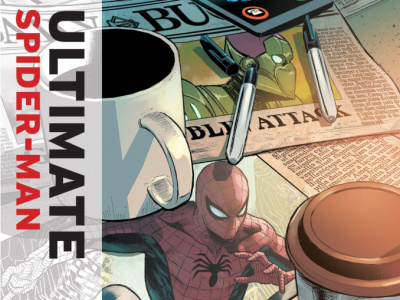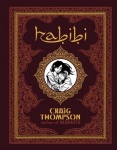 Habibi HC
Habibi HCPublisher: Pantheon
Release Date: September 2011
Price: $35.00
Creator: Craig Thompson
Format: 672 pgs.; B&W; Hardcover
ISBN: 978-0-3754-2414-4
ICv2 Rating: 5 Stars out of 5
Eight years after publishing Blankets, a heartfelt and truly affecting largely autobiographical graphic novel firmly planted in the author's experiences growing up in the small towns of the upper Midwest, Craig Thompson returns with Habibi, which is set half a world away in a Middle East that appears alternately as timeless as The Arabian Nights and as contemporary as a CNN expose of sexual slavery in the Petro Kingdoms of the Persian Gulf.
In some ways Blankets and Habibi couldn't be farther apart—there is no way that Thompson could have the realistic feel for the events in Habibi that he brought to Blankets—but there are also striking similarities between the two books that are both primarily about religion and sex, though both the religious and the sexual experiences of the two books are very different.
Habibi is even longer than Blankets, and in spite of its many virtues it sometimes appears to be a sprawling, inchoate narrative mess as bizarre, coincidental, and unlikely as Blankets is mundane, realistic, and grounded. So why does Habibi deserve five stars? The answer is because it is so audaciously ambitious. Just the decorative and calligraphic elements of its design alone are enough to recommend this volume, to say nothing of the manner in which the theme of water ripples through the narrative in layered and symbolic ways.
But the essence of Habibi is the central love story between two outcasts, a love that manages to persist in spite of myriad obstacles, the most difficult of which turns out to be sex itself. There are messages a plenty along the way—Thompson is clearly concerned with what mankind is doing to this planet and he wants the reader to come away with a more sophisticated appreciation of Islam, its common roots in the Hebrew and Christian Bibles, as well as its distinctive theological elements—but the core of Habibi is the relationship between Dodola and Zam, which somehow encompasses all sorts of varieties of the emotion humans call "love," ranging from the unconditional bond between mother and child, to the lust-filled longings of those we call "lovers," to the asexual, often fractious relationships between brothers and sisters. The fact that the central relationship in Habibi can reflect all those different facets of the central human emotion is part of the paradox that makes Thompson's latest work so compelling in spite of a sprawling narrative that occasionally threatens to derail it.
A master of the autobiographical comic (Blankets) has become in Habibi a fabulist, and that's not a bad thing because in spite of the authenticity that a rigorous autobiographically-inspired work can provide, eventually there is a limit to the narrative benefits of navel gazing. What's great in the context of a coming-of-age saga or in honestly portraying a dysfunctional family from the inside can be quickly exhausted in a few volumes. There is a great tradition of rigorous, honest autobiographical comics that has emerged from Underground Comix thanks to artists like Justin Green and R. Crumb. This tradition includes works as disparate as Maus, Fun Home, and Blankets, but as Habibi reminds us, there are so many other kinds of narrative that comics can accommodate.
Note: While no age rating is provided for Habibi by its publisher, the book's copious nudity, numerous sexual situations, and themes of sexual slavery, mutilation, and prostitution mark it as a work for mature readers.
--Tom Flinn: ICv2 VP-Content



